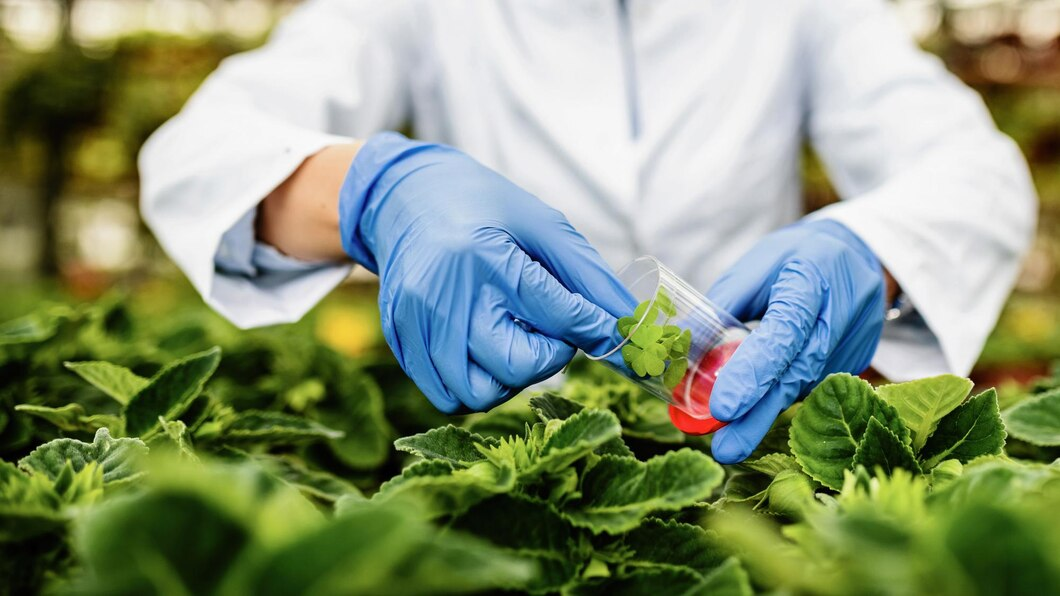
Brazil Agricultural Biologicals Market Forecast by 2033
Market Size in 2024: USD 874.80 million
Market Forecast in 2033: USD 1,300.30 million
Market Growth Rate 2025-2033: 4.5%
Brazil’s agricultural biologicals sector is sprouting steadily. After reaching USD 874.80 million in 2024, the Brazil agricultural biologicals market is projected to climb to USD 1,300.30 million by 2033, reflecting a compound annual growth rate of 4.5% as farmers swap synthetic chemicals for microbe-based crop protection and nutrition solutions.
Growth Drivers Powering the Brazilian Agricultural Biologicals Market
Government Low-Interest Credit Lines Cover 80% of Bio-Input Costs
Brazil’s 2025-26 Plano Safra allocates BRL 3.2 billion in new low-interest rural credit lines that reimburse up to 80% of the cost of certified biopesticides and biofertilisers. Rates are set at 4% APR, half the level for conventional agro-chemicals, and loans can be repaid after harvest, eliminating upfront cash-flow pressure. In Mato Grosso alone, 14,000 producers applied in the first quarter, translating into 2.4 million ha earmarked for biological-based management. By de-risking the switch, the policy guarantees multi-year offtake for suppliers and accelerates on-farm learning curves that lock in repeat purchases.
Major Coffee Co-ops Mandate 30 % Biological Spray Programmes for Premium Certification
Cooperatives representing 38% of Brazil’s coffee exports introduced a “Bio-30” clause in January 2025 that requires member farms to derive at least 30% of spray applications from biological sources to qualify for premium sustainability seals. Cooxupé, the world’s largest coffee co-op, estimates the requirement will consume 1.8 million L of bio-insecticides in 2025, creating an instant BRL 140 million market. Because certified lots fetch USD 0.15 per lb more at auction, growers are willingly adopting integrated pest-management schedules that combine Trichoderma-based fungicides with traditional chemistry, enlarging the addressable acreage for biological suppliers beyond organic niche segments.
Biologicals Slash Re-Entry Intervals to Zero, Allowing Harvest-Day Applications
Unlike many chemical pesticides that impose 7–14 day pre-harvest intervals, most Brazilian-registered biopesticides carry zero-day re-entry restrictions. For high-value horticultural crops such as strawberries and leafy greens, where multiple pickings occur weekly, this trait allows farmers to spray and harvest on the same day, reducing crop-loss risk from sudden pest flushes. Syngenta’s biofungicide “BotriStop” saw a 42% sales spike in 2024 after growers realised they could apply it hours before export packing, ensuring residue compliance with EU and Japanese MRLs. The operational flexibility is persuading conventional growers to slot biologicals into existing spray calendars, effectively widening the target market from organic-only to mainstream fresh-produce chains.
Request a Free Sample Report to Access Full Data: https://www.imarcgroup.com/brazil-agricultural-biologicals-market/requestsample
Brazil Agricultural Biologicals Market Segmentation
Analysis by Function
Crop Nutrition
Biofertilizer
Biostimulants
Organic Fertilizer
Crop Protection
Biocontrol Agents
Biopesticides
Analysis by Crop Type
Cash Crops
Horticultural Crops
Row Crops
Analysis by Region
Southeast
South
Northeast
North
Central-West
Competitive Landscape
The competitive landscape of the industry has also been examined along with the profiles of the key players.
Brazil Agricultural Biologicals Market News
March 2025 – Syngenta’s biofungicide “BotriStop” posted 42 % sales growth after growers adopted zero-day pre-harvest intervals for strawberry exports.
January 2025 – Cooxupé coffee co-op forecasts demand for 1.8 million L of bio-insecticides under its new “Bio-30” sustainability clause, worth BRL 140 million.
November 2024 – Plano Safra 2025-26 allocated BRL 3.2 billion in subsidised credit lines covering 80% of bio-input costs, attracting 14,000 applicants in Mato Grosso alone.
September 2024 – The Ministry of Agriculture simplified biopesticide registration, cutting approval time to 18 months and clearing a backlog of 47 microbial products.
Key highlights of the Report:
Market Performance (2019-2024)
Market Outlook (2025-2033)
COVID-19 Impact on the Market
Porter’s Five Forces Analysis
Strategic Recommendations
Historical, Current and Future Market Trends
Market Drivers and Success Factors
SWOT Analysis
Structure of the Market
Value Chain Analysis
Comprehensive Mapping of the Competitive Landscape
Note: If you need specific information that is not currently within the scope of the report, we can provide it to you as part of the customization.
About Us:
IMARC Group is a global management consulting firm that helps the world’s most ambitious changemakers to create a lasting impact. The company provide a comprehensive suite of market entry and expansion services. IMARC offerings include thorough market assessment, feasibility studies, company incorporation assistance, factory setup support, regulatory approvals and licensing navigation, branding, marketing and sales strategies, competitive landscape and benchmarking analyses, pricing and cost research, and procurement research.


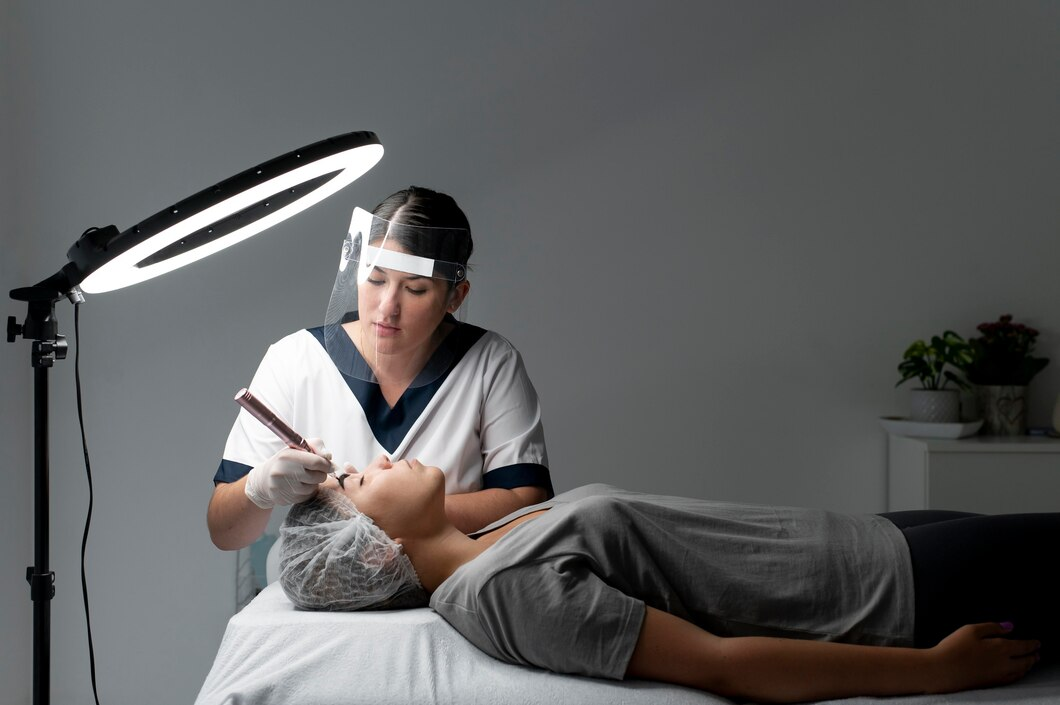
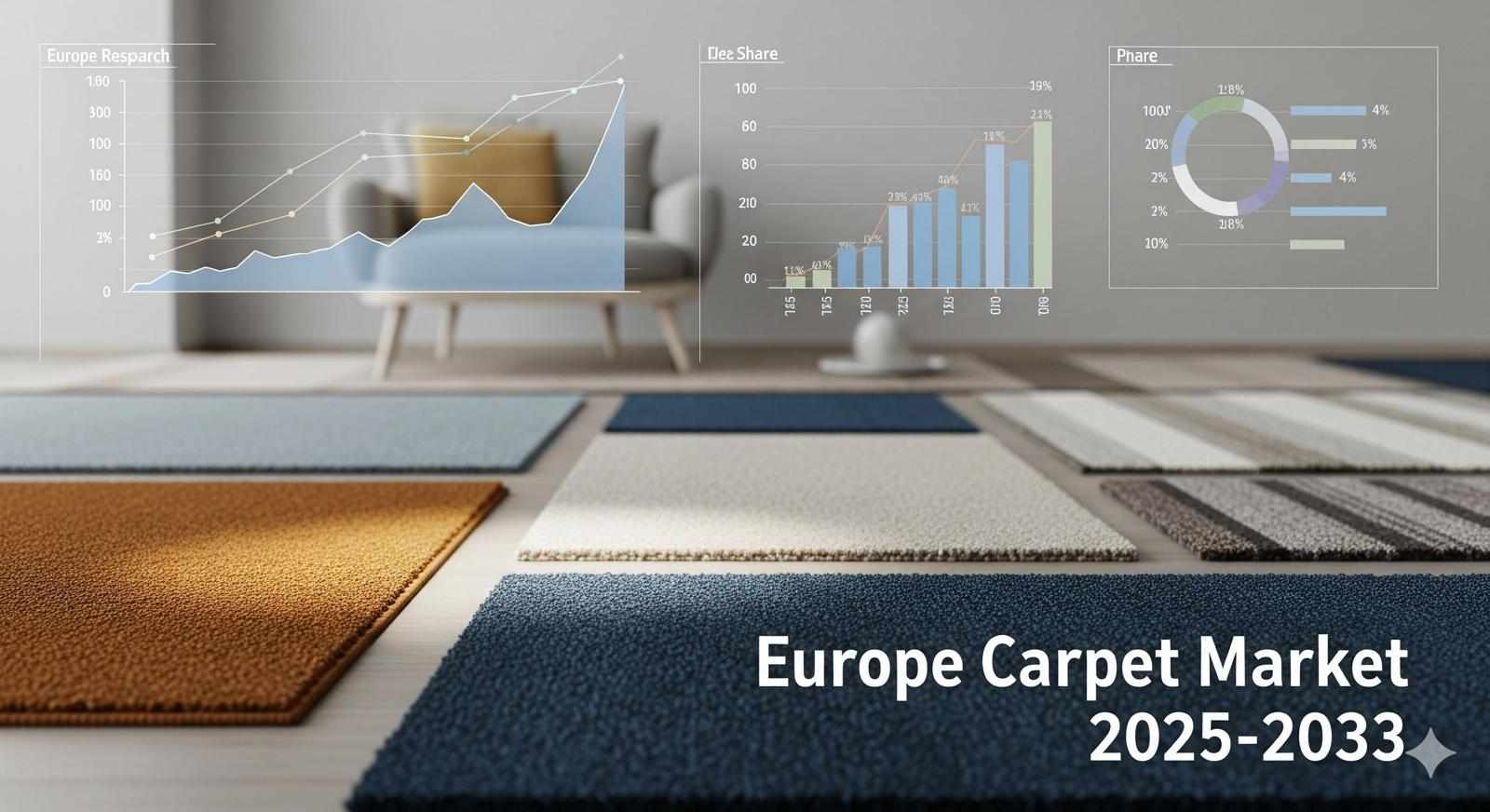
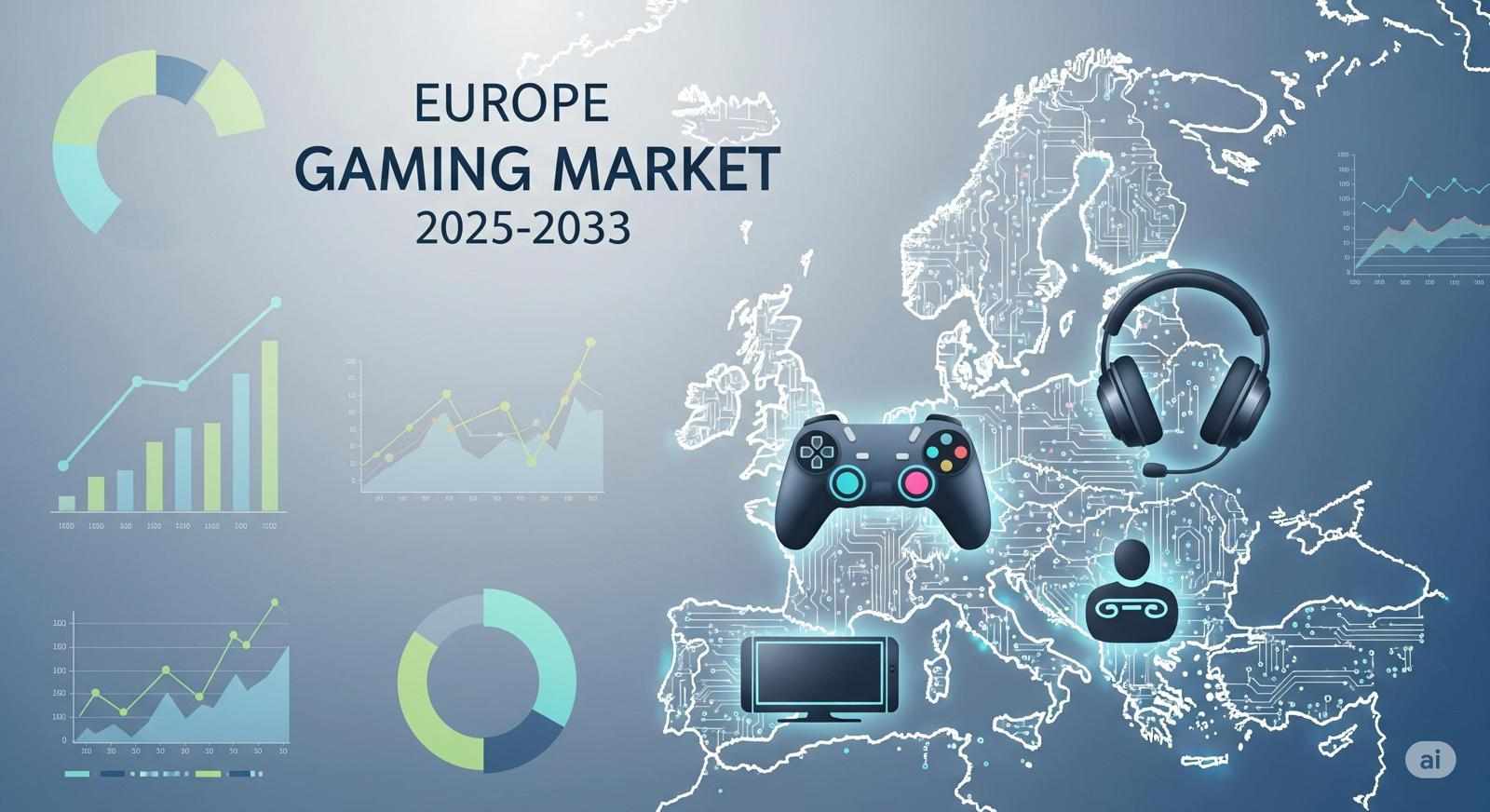
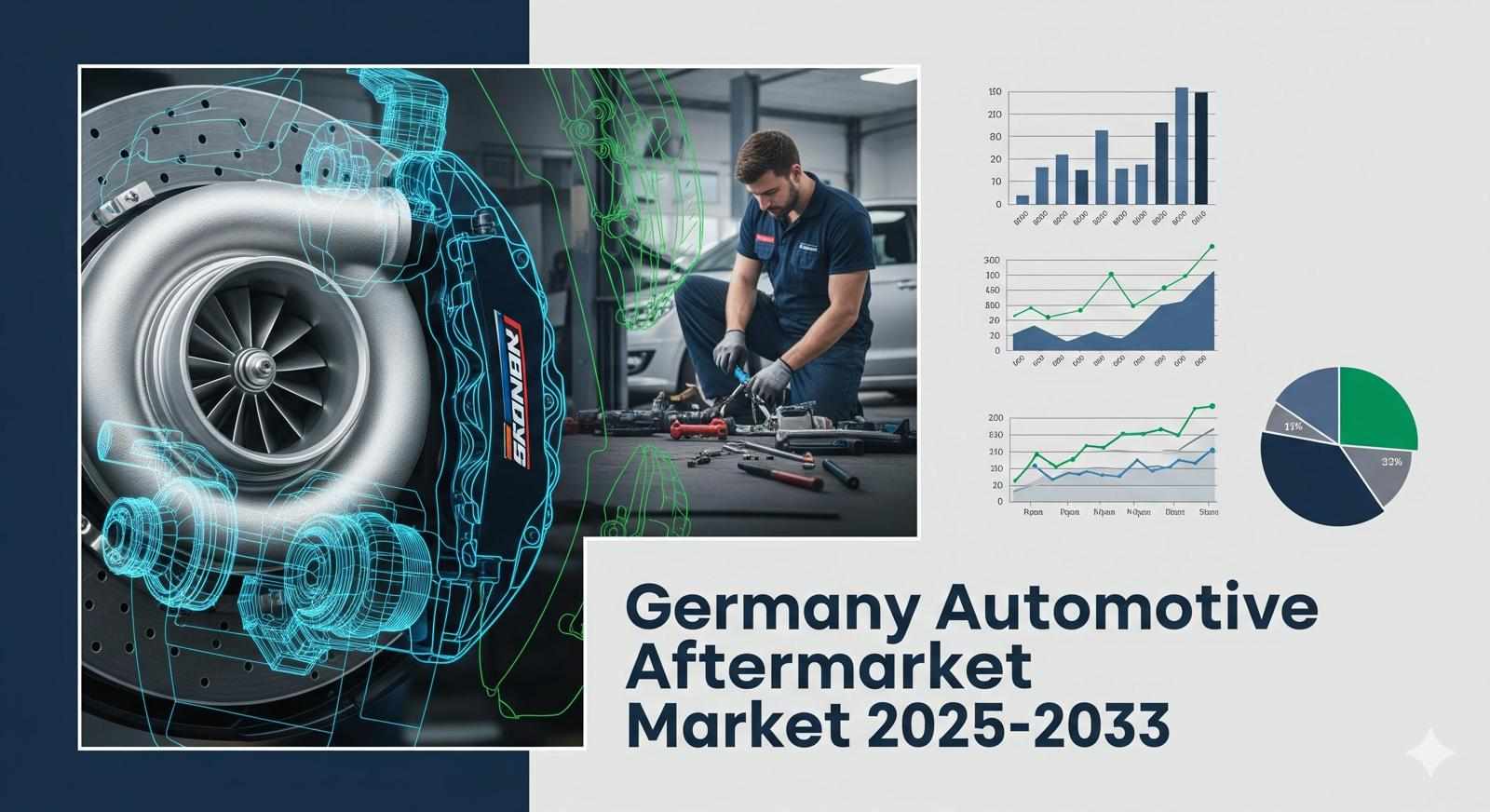
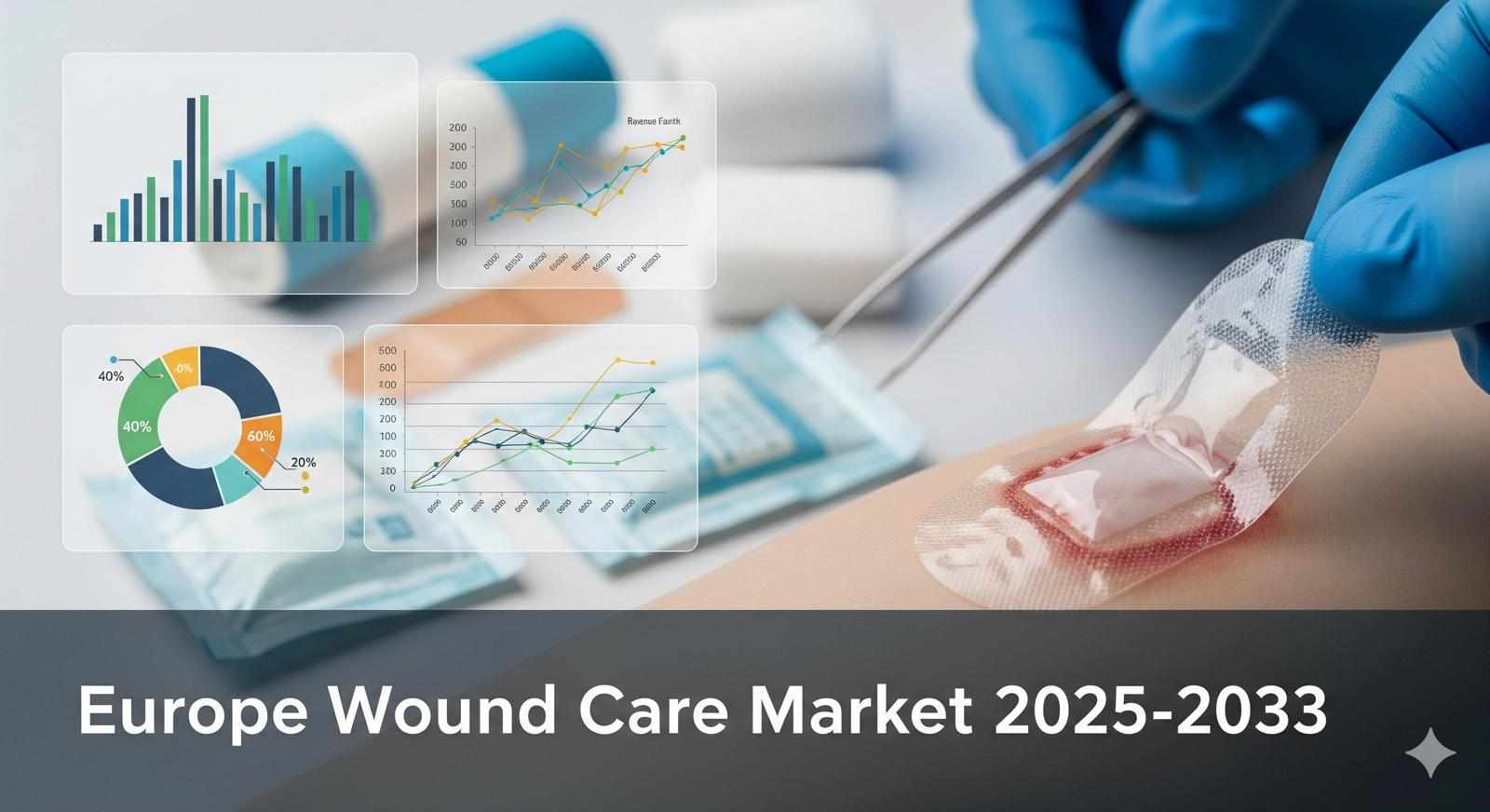

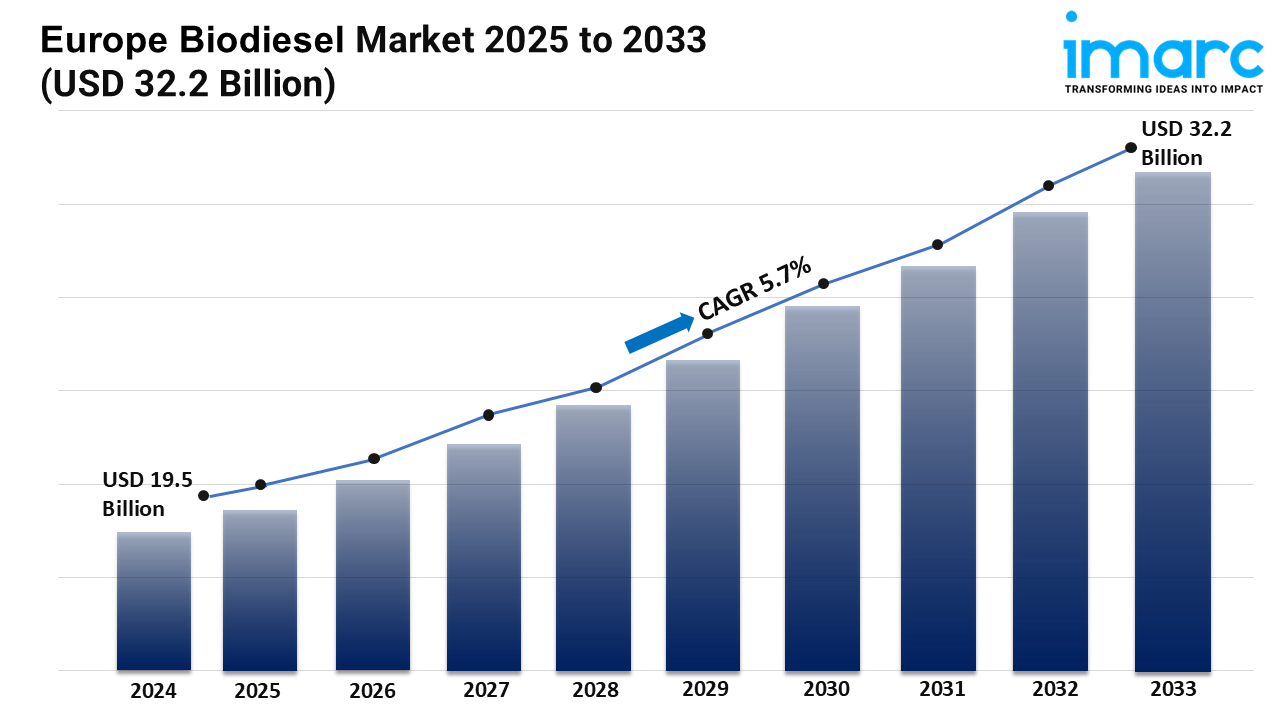
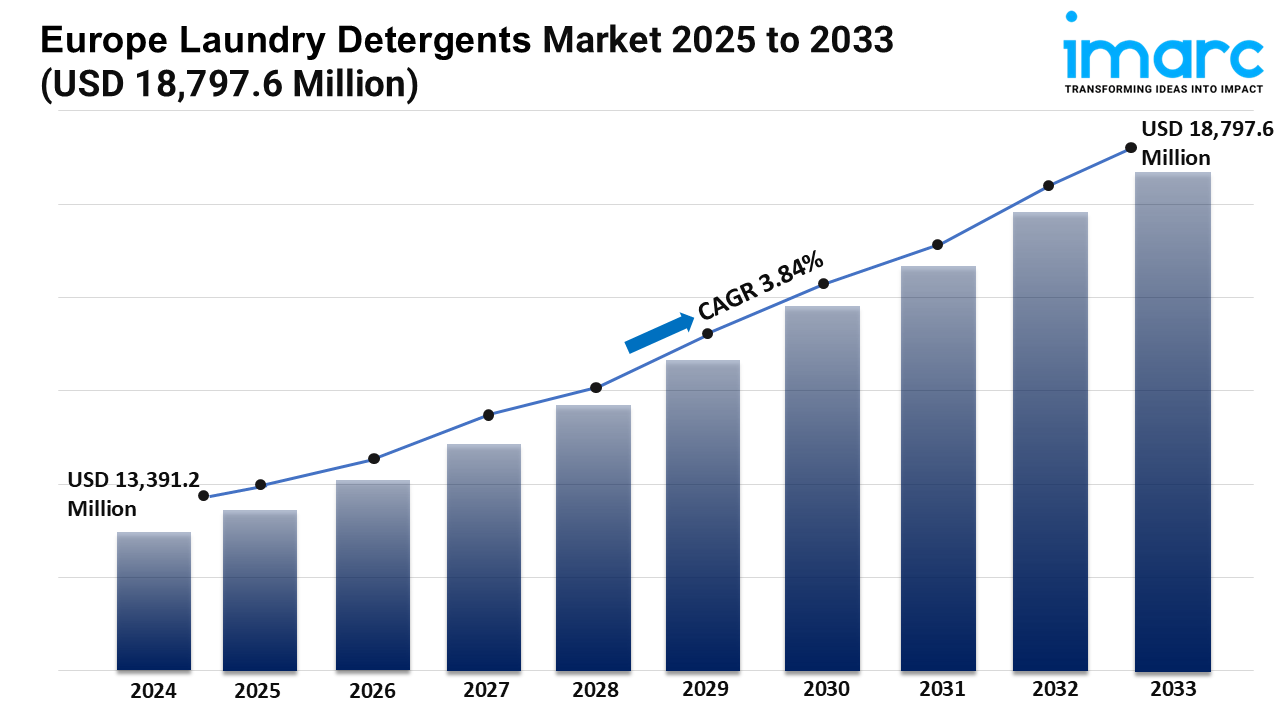
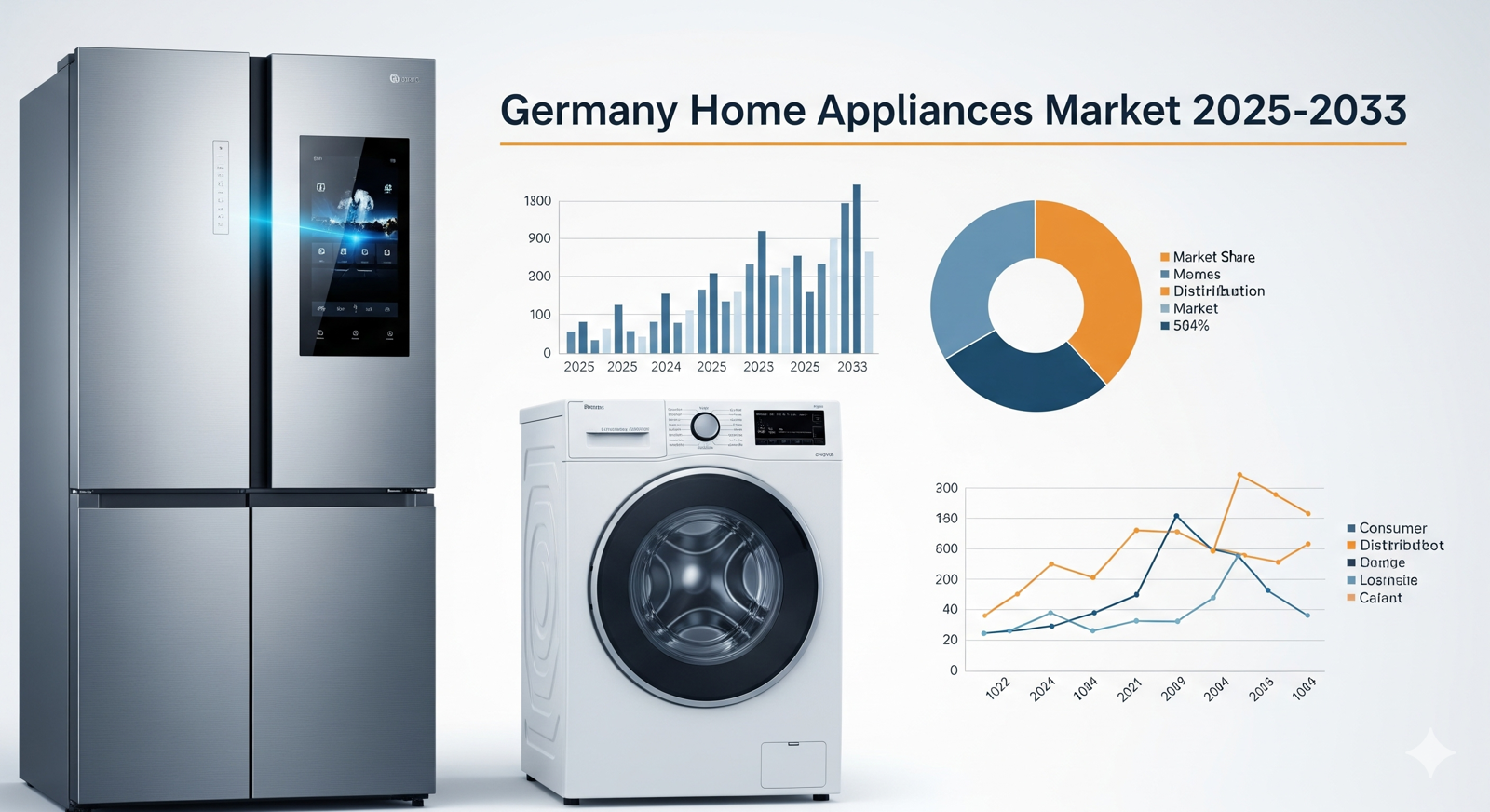
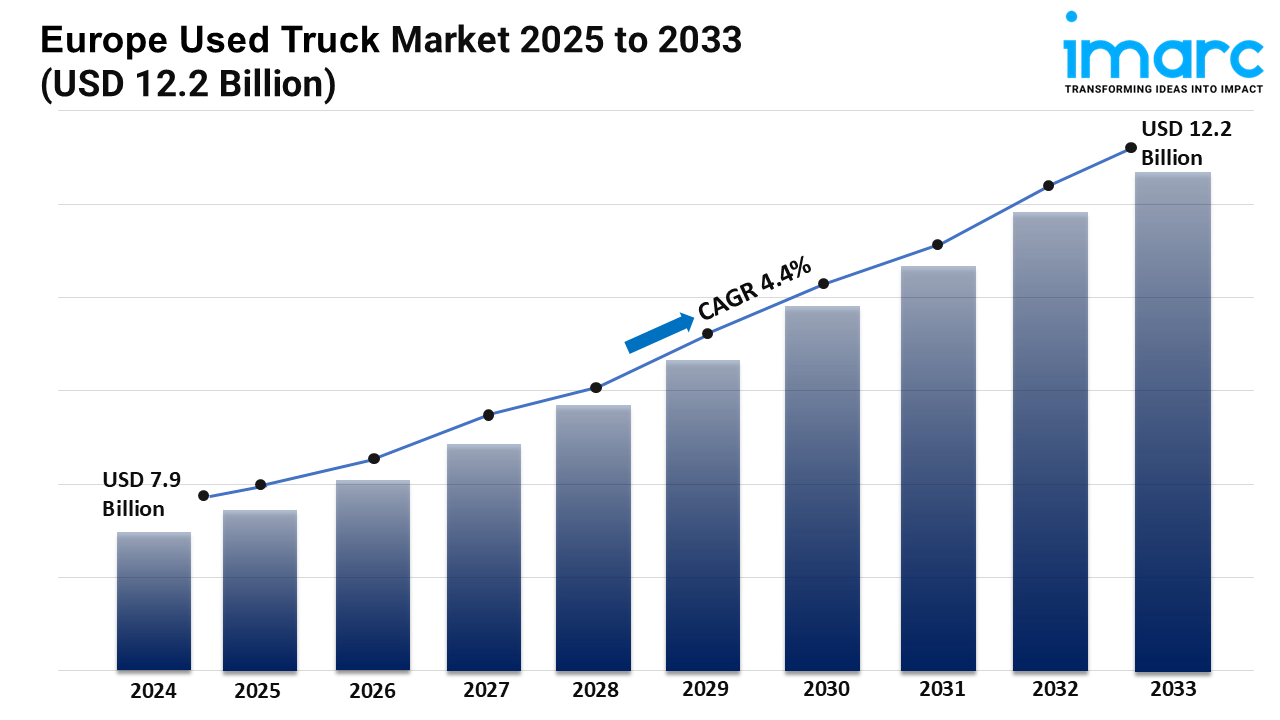
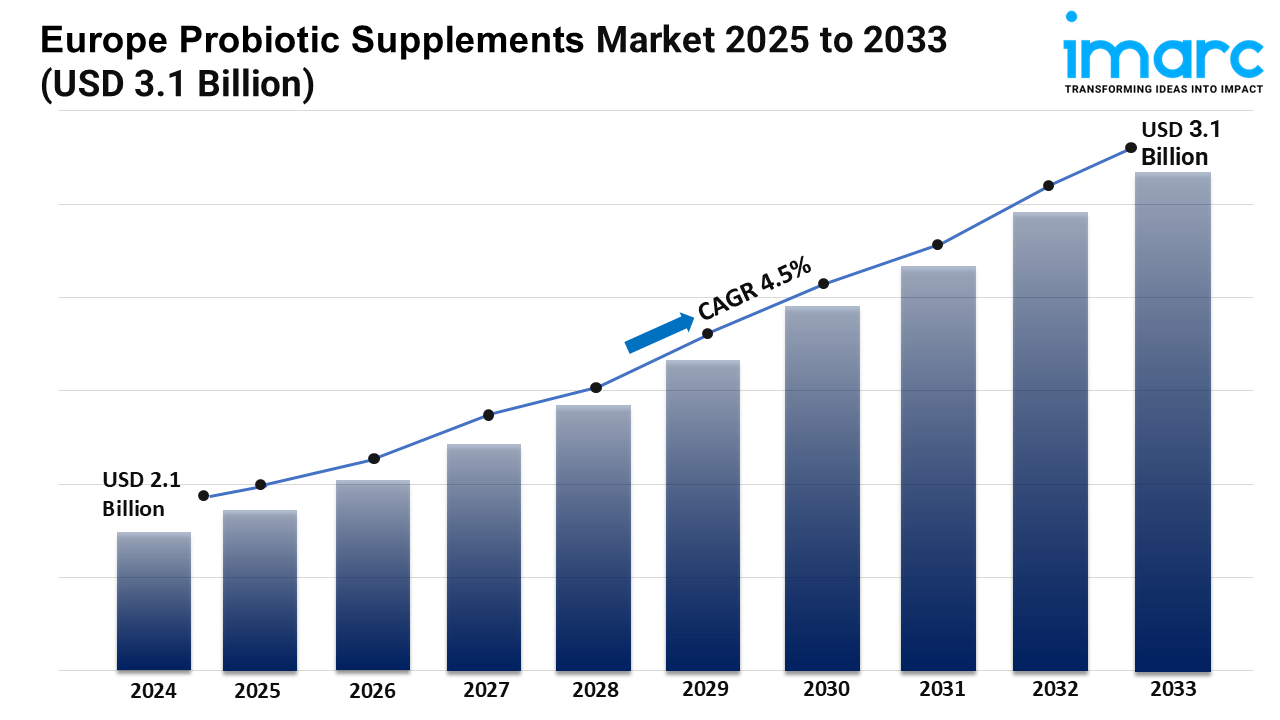
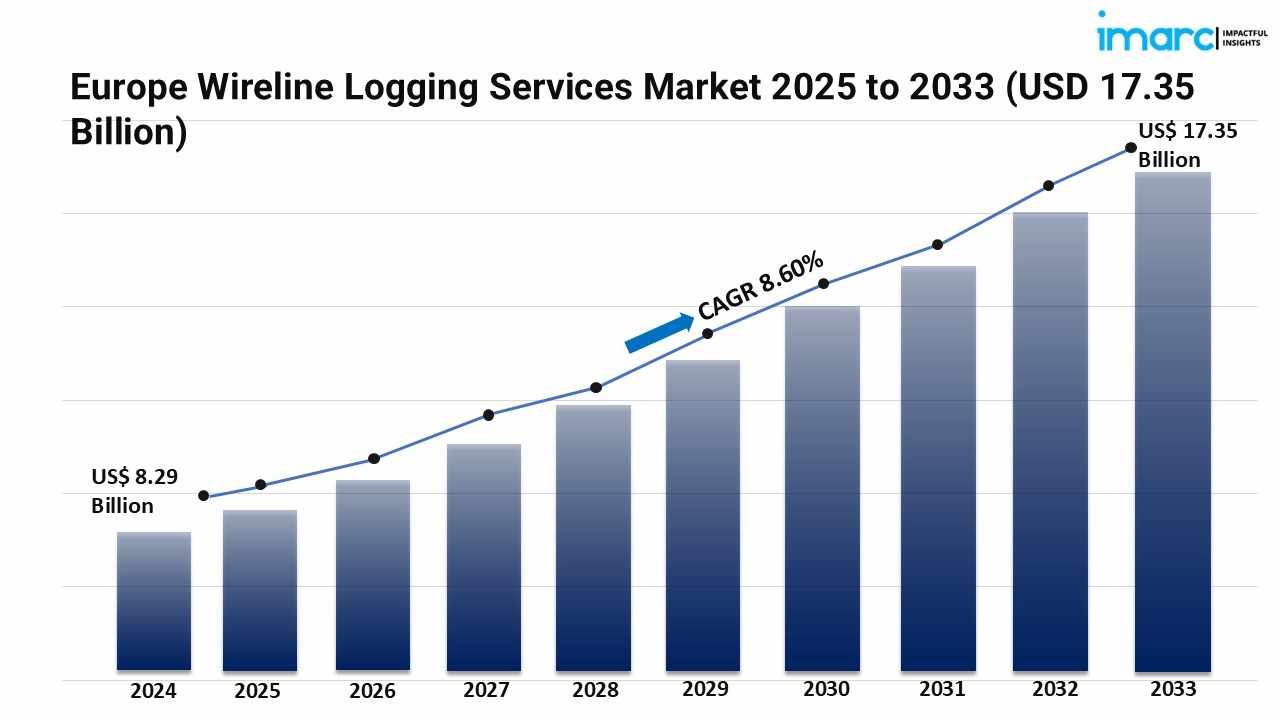
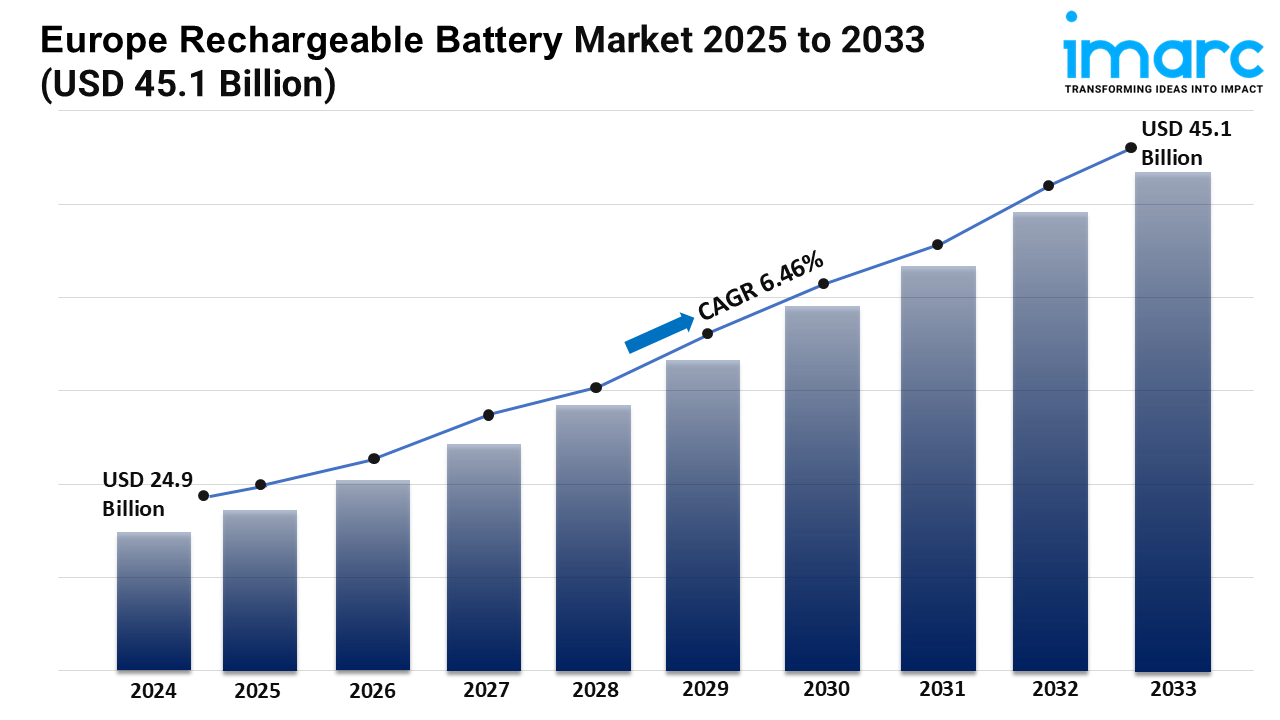
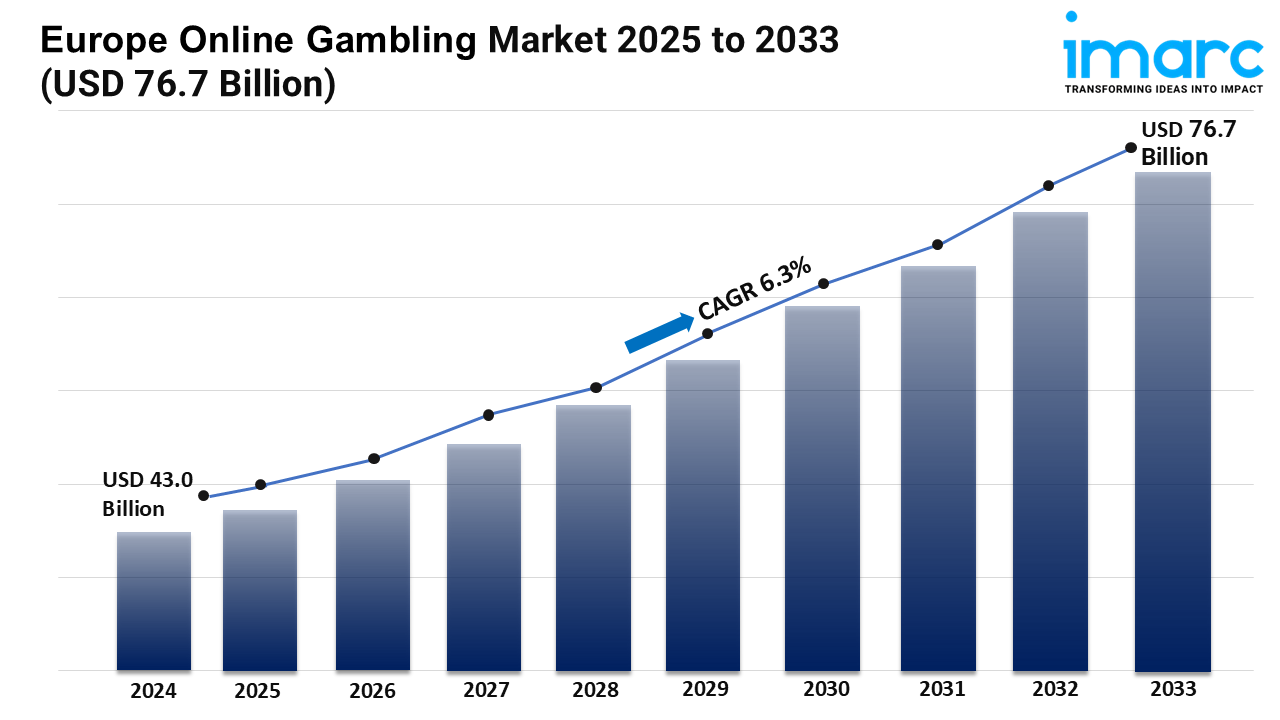




Write a comment ...